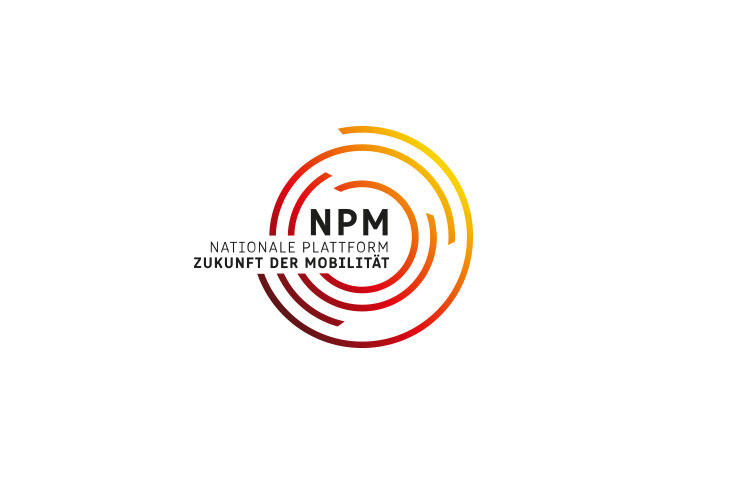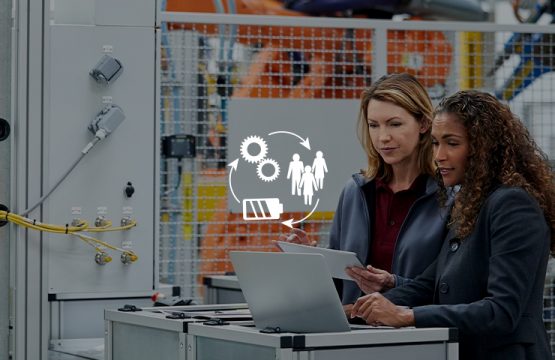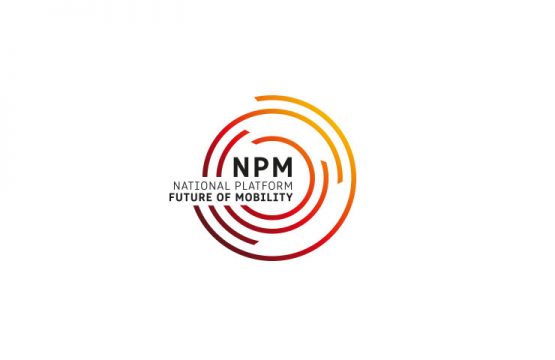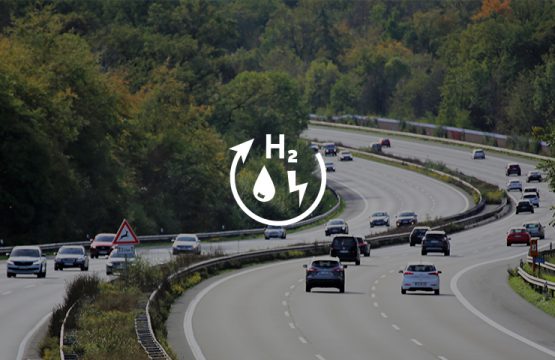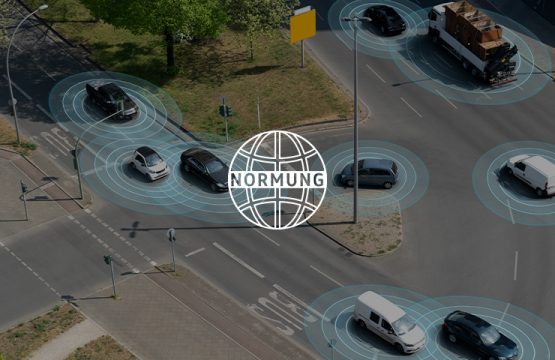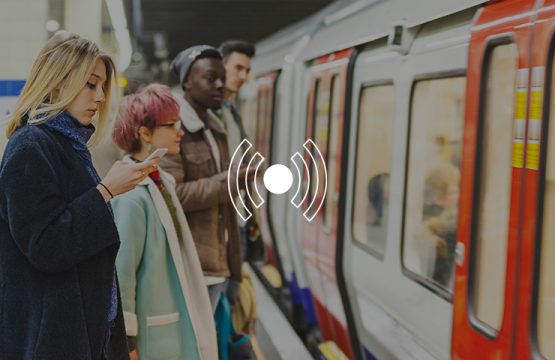As early as 2014, ISO 15118 created a standard for the basic communication between electric vehicles and public or private charge points. Functionalities such as plug & charge which were enabled by the standard are now starting to be used by vehicle and charging infrastructure providers. With the option of having more than one plug & charge contract for the same vehicle and with the vehicle-to-grid option (bidirectional charging), the next generation of the norm offers users significant benefits for the process of charging electric vehicles. In order for this technology to become widely used, the plug & charge and vehicle-to-grid functionalities need to be used under conditions of fair competition and no market player must be discriminated against, but also the electromobility system itself needs to be developed further.
WG 5 Connecting mobility and energy networks, sector integration and WG 6 Standardisation, norms, certification and type approval have jointly produced a roadmap looking at the implementation of ISO 15118. This roadmap not only shows the state of development of ISO 15118 and its sub-documents ISO 15118-2 and ISO 15118-20, but also the next steps towards widespread use of functions such as plug & charge and vehicle-to-grid. The roadmap addresses the relevant market players such as manufacturers of vehicles and charging infrastructure, charge point operators, e-mobility providers, roaming platform providers, flexibility-marketers/-providers and grid operators.
Adjustments to the norm for plug & charge and vehicle-to-grid
The plug & charge and vehicle-to-grid features rely on encrypted communication via a public key infrastructure (PKI). The PKI provides the required certificates to authenticate a) the charging contract b) the vehicle and c) the charge point. On top of this, the communication between (1) the public charge point and the back-end of the charge-point operator, (2) the back-end of the charge point operator and the roaming platform or the back-end of the e-mobility provider as well as (3) the back-end of the electricity provider and the back-end of the vehicle manufacturer needs to be adjusted. For the implementation of vehicle-to-grid, further communication pathways need to be considered, which is an additional challenge.
The plug & charge function is already on offer in the first electric vehicles and charge points, and serves as a distinguishing feature for products and services.
Guaranteeing fair competition
The benefits of ISO 15118 functionalities can be realised for users if market players are able to apply the technological possibilities of ISO 15118 to their products and services consistently and fairly.
There are currently five topic areas which require further work. These include (1) switching charging contracts or storing them in a simple way, (2) using the implemented plug & charge function under fair conditions, (3) equitable use of public key infrastructures by all market players, (4) the possibility to offer the flexibility of the vehicle battery to freely selectable flexibility aggregators for marketing as well as (5) providing information on how the new value-added services can be used by the vehicle.
The members of NPM’s working groups 5 and 6 have made recommendations with a view to establishing the possibilities created by ISO 15118 in the market in a timely and complete manner. Apart from guaranteeing fair competition, these include a clear pathway along which norms progress, updateability of electric vehicles and charge points to new standards, consideration of interoperability at the European level as well as monitoring of nationwide implementation through subsidiary organisations.
The report is now available to download on www.plattform-zukunft-mobilitaet.de (in German).
About NPM – National Platform Future of Mobility
The National Platform Future of Mobility brings together experts in the fields of politics, the private sector, associations, research institutes and NGOs to develop visions for sustainable, environment- and climate-friendly, affordable and competitive mobility in Germany. Presided by Prof. Dr. Henning Kagermann, six working groups develop intermodal guidance to politicians, businesses and society in a technologically-neutral way.
Contact:
Alexandra Huß
Communication advisor
Office of the Chairman of National Platform Future of Mobility
huss@acatech.de
+49 (0)30 / 206 30 96 86
+49 (0)160 / 714 93 25
